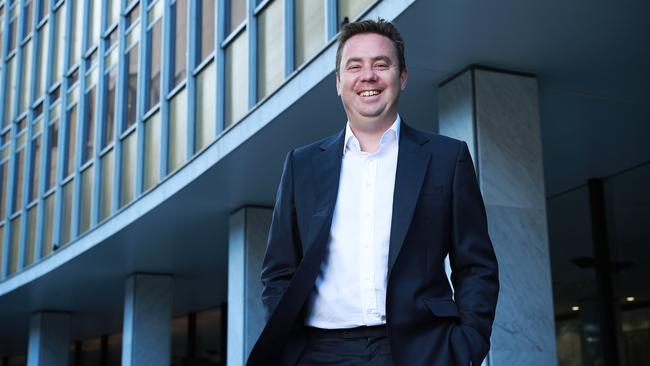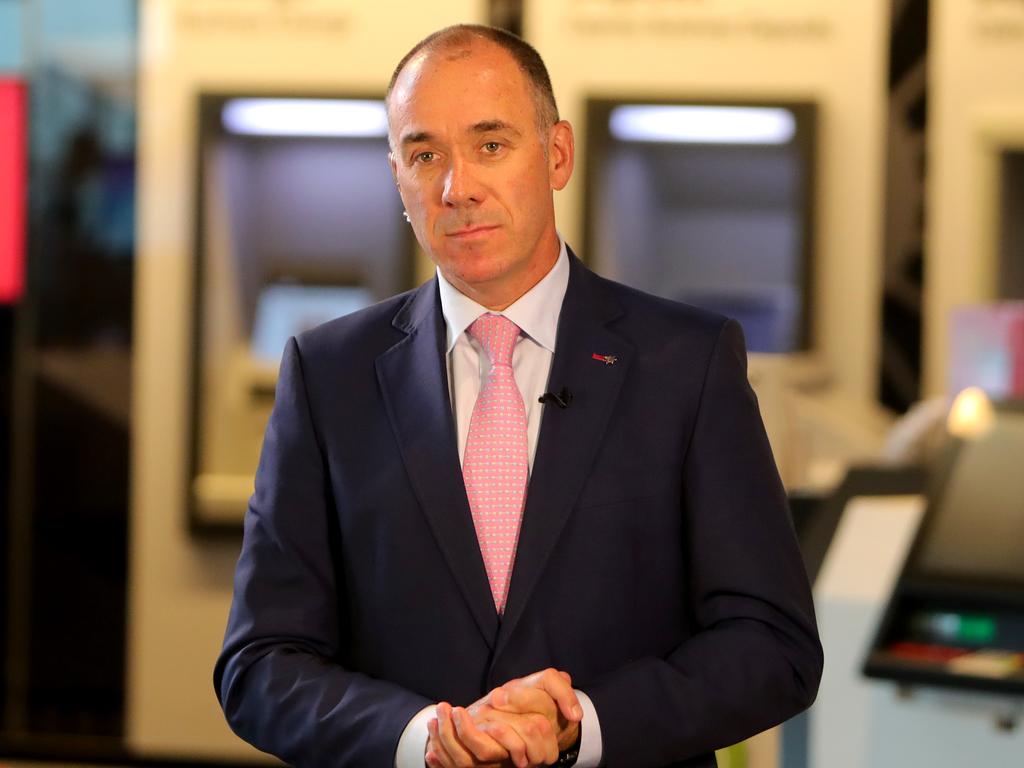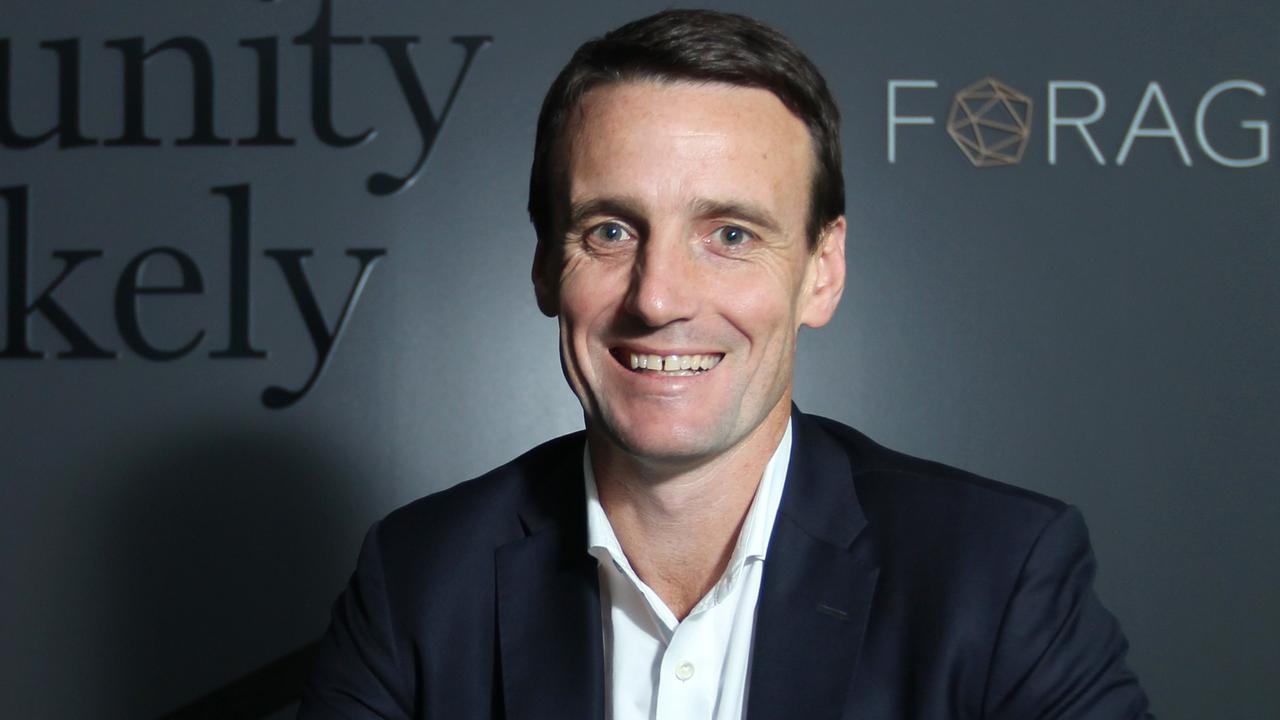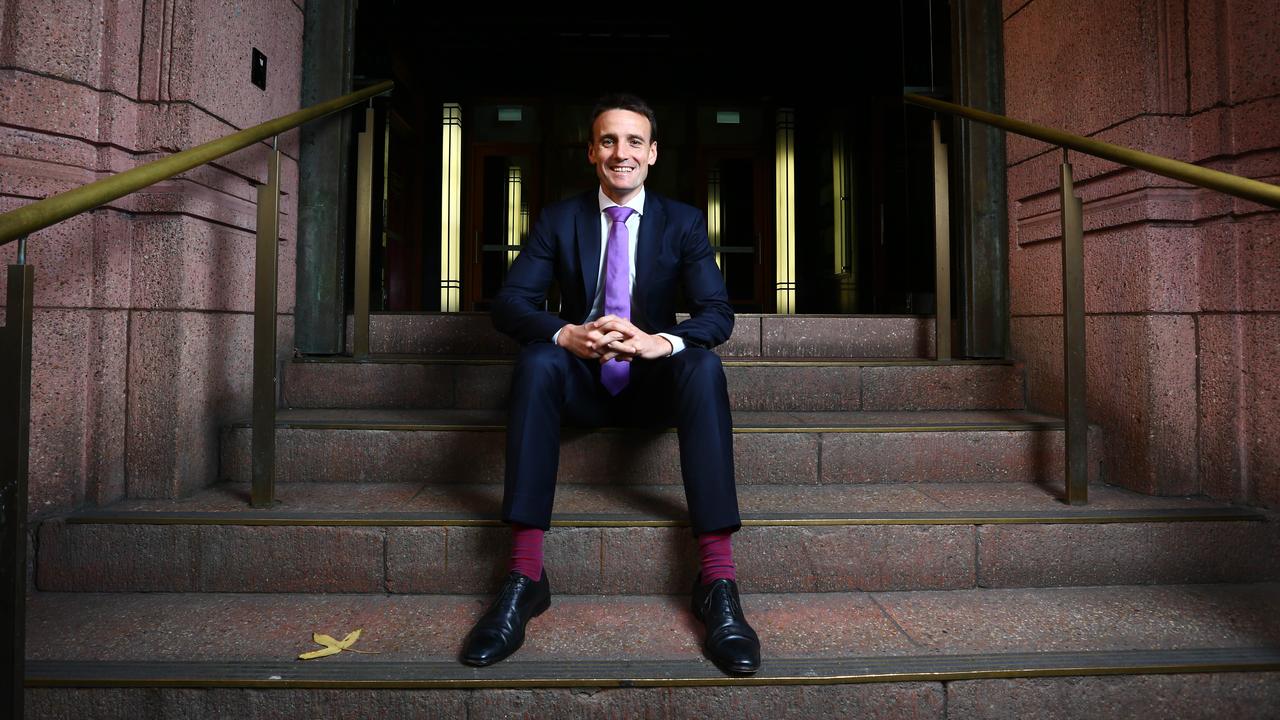Banking veteran Mark Johnson says AMP needs radical measures to fix broken culture
Banking industry veteran Mark Johnson says “quite radical” measures are required to fix culture at a company like AMP.

Improving the culture of a large financial services group requires “quite radical” measures in what is shaping up as a big task for beleaguered AMP, banking industry veteran Mark Johnson warns.
Mr Johnson, the former Australian Financial Centre Task Force chairman and former deputy chair of Macquarie Group, said AMP’s continued cultural woes were partly linked to its turbulent history and more recently to questions about its purpose and model.
“I think regrettably AMP is partly the product of a very long history. Processes and the silos in AMP have been deep and strong and there for a long, long time,” he said, adding that it would be a “big task” for chairman David Murray and chief executive Francesco De Ferrari to change the culture.
“I don’t know what they (AMP) really stand for.”
AMP’s attempts to improve its culture and diversity in its ranks were thrown into question last week when head of its Australian business Alex Wade abruptly departed the company, without explanation.
The Australian revealed links between Mr Wade’s departure and his sending of lewd photos, as well as poor conduct and performance.
That came just weeks after AMP’s promotion of Boe Pahari to lead the AMP Capital division sparked a backlash, given he had been financially penalised over a harassment incident several years earlier.
“To really change a culture you have to have the ability to do something quite radical,” Mr Johnson said, noting that was particularly the case for large companies like AMP which had at times been run as a “feudal fiefdom”.
“When you try to change the culture you get push-back because people see themselves as under siege.”
Mr Johnson believes cultural change can take several years and should establish a “common language and new form of discipline” for employees, with the principles being instilled as fundamental to how the company does business.
He applauded National Australia Bank’s efforts to change culture by sending its entire workforce back to school to complete core education modules, and also cited the example of John Schubert imposing a safety-led culture at building materials firm Pioneer.
Mr Wade was in November forced to answer a parliamentary committee’s questions on AMP’s response to the battering it received in the 2018 Hayne royal commission over a string of scandals, and what it was doing to change.
Broader lessons
He delved into the issue of culture when he told the committee the royal commission was about more than just its final recommendations.
“The industry learnt broader lessons and many of those relate to culture,” “Mr Wade said at the time.
“Our approach to changing culture has been focused around leadership, systems and symbols.
“Some recent examples include a renewed board, leadership team and senior leadership group — all deeply committed to our clients, our people and the industry. We have new behaviours and are aligning people, processes to those behaviours.”
After last week’s events Mr Wade, via a spokesman, said he had decided to resign “in the interests of all parties”.
Mr Wade — who joined AMP in January 2019 — added that he was focused on a period of reflection and relationships that were important to him.
Mr De Ferrari has sought to tackle AMP’s cultural issues by setting up a taskforce, which he will chair, to drive inclusion and diversity. He has also outlined the appointment of an external expert to help steer inclusive leadership.
AMP’s first-half earnings results on Thursday will give investors and analysts the opportunity to ask about the changes and how AMP will execute its broader three-year turnaround strategy.
AMP’s seven-member executive team includes just one woman, group executive for people and corporate affairs Helen Livesey. Mr Johnson — who authored the Australia as a Financial Centre report and is a senior Gresham adviser and Alinta chairman — conceded fixing a corporate culture was “terribly difficult” and used the analogy of turning around a supertanker.
During the royal commission, then NAB chairman Ken Henry said it may take a decade to fix the lender’s broken culture, given the overhaul required. The comments attracted some criticism at the time.
Mr Murray, who took the reins as AMP chairman during the royal commission fallout, headed the landmark Financial System Inquiry and was formerly Commonwealth Bank Chief executive.
Light will again be shed on the inner workings of AMP culture later this year when the group’s former senior lawyer Larissa Baker Cook’s unfair dismissal legal battle starts in the Federal Court in November. AMP has rejected her claims and is fighting the case.








To join the conversation, please log in. Don't have an account? Register
Join the conversation, you are commenting as Logout